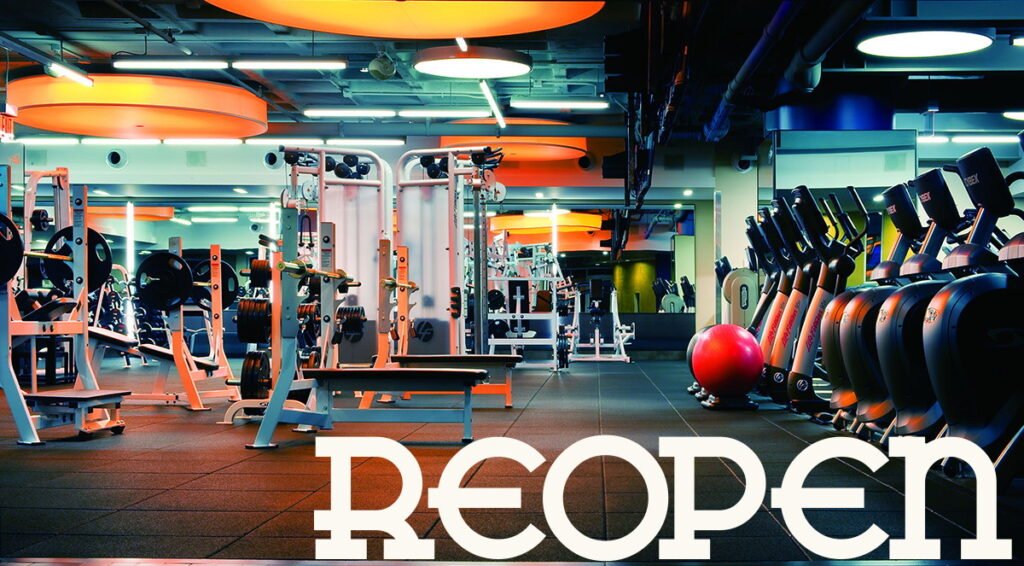COVID-19 new restrictions changes
COVID-19 restrictions changes, more people will be able to socialise outdoors
More people will be able to socialise outdoors following good progress in suppressing Coronavirus – COVID-19, the First Minister has announced.

COVID-19 restrictions changes up to four adults from two households will be able to meet locally in any outdoor space, including in private gardens, for social and recreational purposes as well as exercise from Friday 12 March.

People should only go indoors if it is essential in order to reach a back garden, or to go to the toilet.
Outdoor non-contact sports and group exercise will also resume for adults in groups of up to to 15 people from this date.
Young people aged 12 to 17 will be able to meet outdoors in groups of up to four people from four different households, participate in outdoor non-contact sports, and other organised activities in groups of up to 15 and travel across local authority boundaries to participate in such activities.
Should progress suppressing the virus continue, the Scottish Government intends to reopen places of worship with attendance limits increased from 20 to 50 where there is space for social distancing on Friday 26 March.
A final decision will be taken on Tuesday 23 March ahead of Passover, Easter, Ramadan and Vaisakhi.
First Minister Nicola Sturgeon said:
“In recent weeks, we have seen a significant fall in new cases, deaths and hospital admissions, and the vaccination programme is progressing beyond our initial expectations.
All of this is excellent news, and provides strong grounds for hope, but that hope must also be balanced by caution.
“The changes announced today, while modest, are important, and are designed to help people’s health and well-being by enabling group exercise and allowing more social interaction.
They will also let children see more of their friends, and exercise and play more normally.
“With continued progress, we believe the reopening of places of worship can be achieved relatively safely, and will hopefully enable more people to draw strength, comfort and inspiration from acts of collective worship.
“I expect that further, more substantial changes will be possible in the weeks ahead, and I will set out as much detail as I can about that in Parliament next week.
If the data allows us to relax more restrictions more quickly than we have previously indicated, we will not hesitate to do so.
“We all have a part to play in keeping case numbers down while the vaccinators do their work, children get back to school and we all take tentative but firm steps back to life as we once knew it, so please continue to stay within the rules and follow the FACTS advice.”
Updated guidance and regulations will be published on Friday 12 March to reflect these changes.
The Scottish Government’s priority is to suppress the virus to the lowest possible level and keep it there, while we strive to return to a more normal life for as many people as possible. There are six main tools for achieving this:
- the quickest practical roll-out of the vaccination programme
- the most effective use of Test and Protect
- applying proportionate protective measures (rules and guidance) to suppress transmission of the virus
- effective measures to manage the risk of importation of the virus
- supporting individuals, businesses and organisations to adhere to protective measures
- providing care and support to mitigate the harms of the crisis
The six conditions for safe easing set out by the World Health Organisation are:
- COVID-19 transmission is under control
- sufficient health systems and public health capabilities are in place
- outbreak risks are minimised in vulnerable settings
- workplace preventative measures are established
- risk of imported cases are managed
- communities are fully engaged


